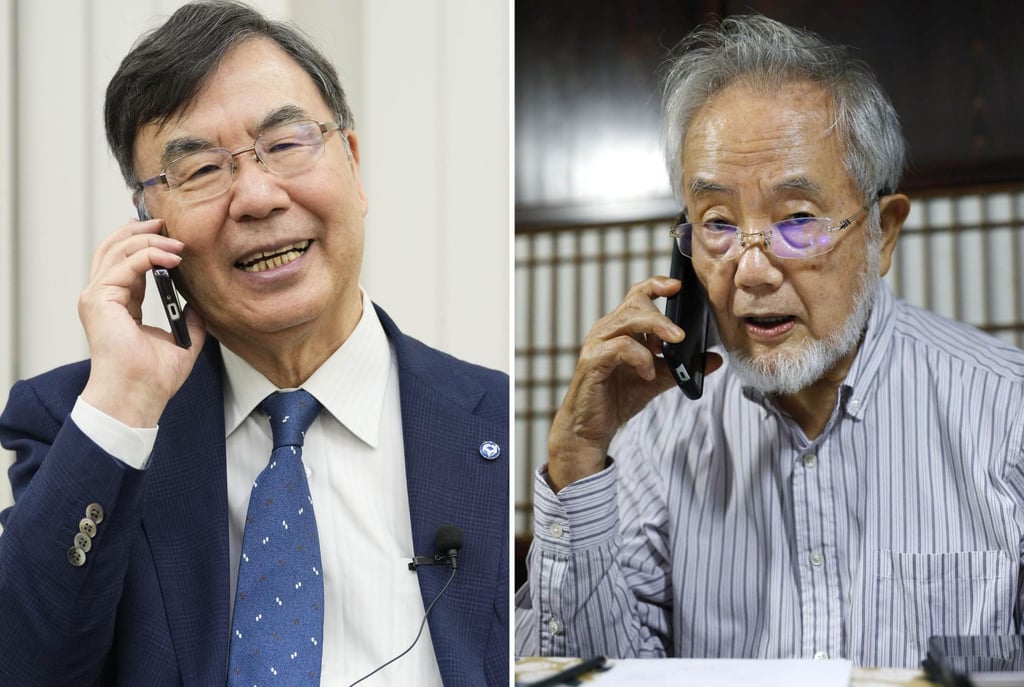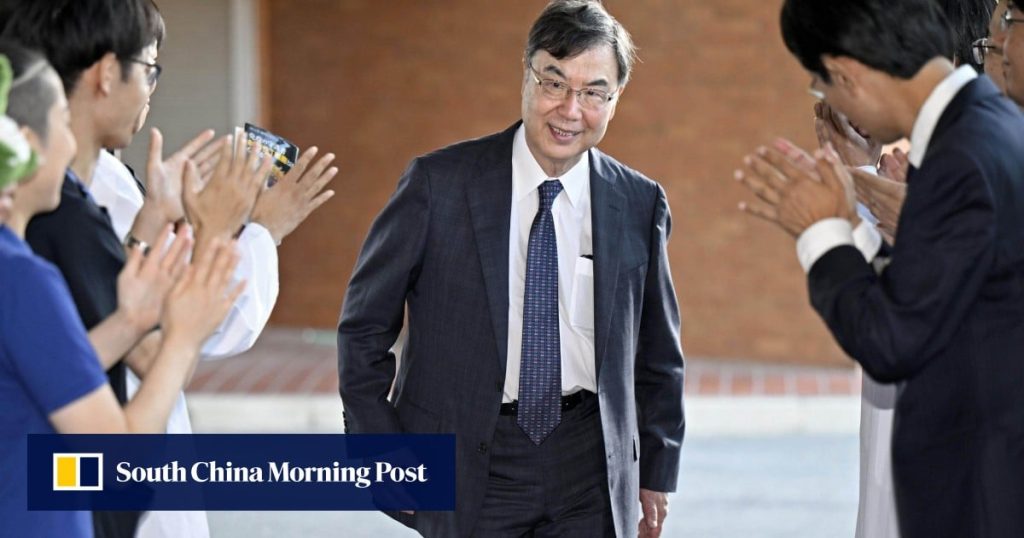On Monday, the Nobel Assembly announced that Shimon Sakaguchi and two American colleagues had been recognised for their “groundbreaking” discoveries on how the human immune system was kept in check. Two days later, Susumu Kitagawa became Japan’s 31st Nobel laureate for jointly developing with American and Australian colleagues porous materials that can store and release gases.
While the awards have been applauded domestically, an editorial in the Sankei Shimbun on Wednesday suggested that Sakaguchi’s work had been “generously supported” by the US scientific community and that his award “would not be possible in Japan’s current research environment”.

The editorial pointed out that Sakaguchi’s research was “unconventional” and that it took the 74-year-old 20 years to prove his theory, followed by a further 20 years before he won the Nobel.


